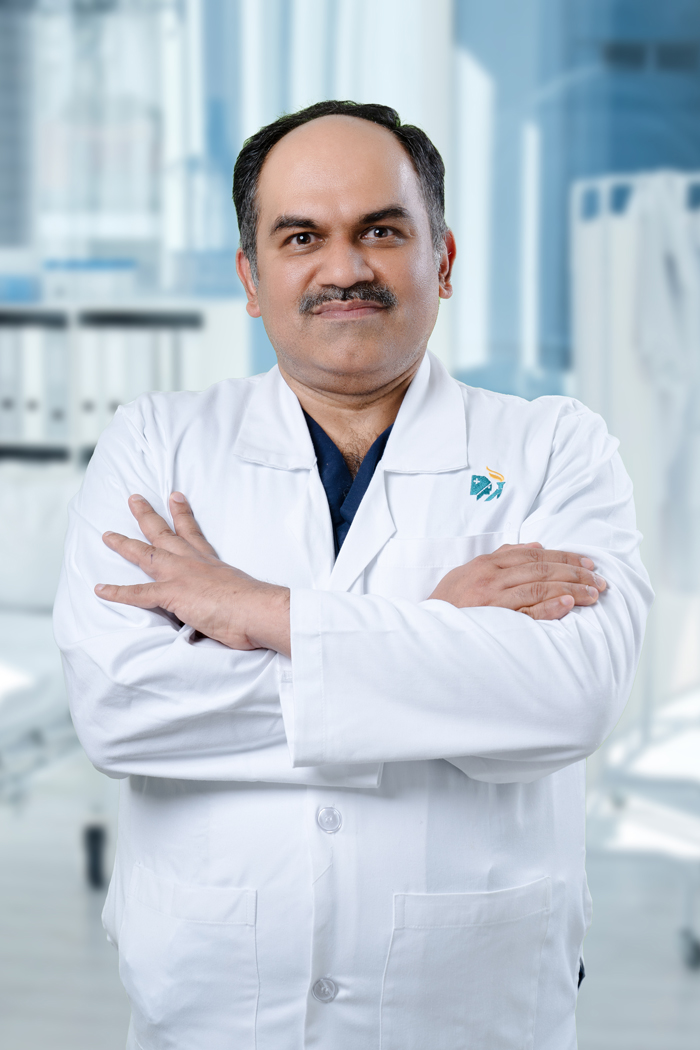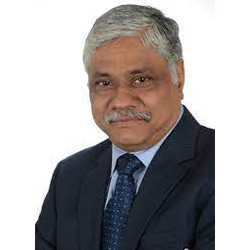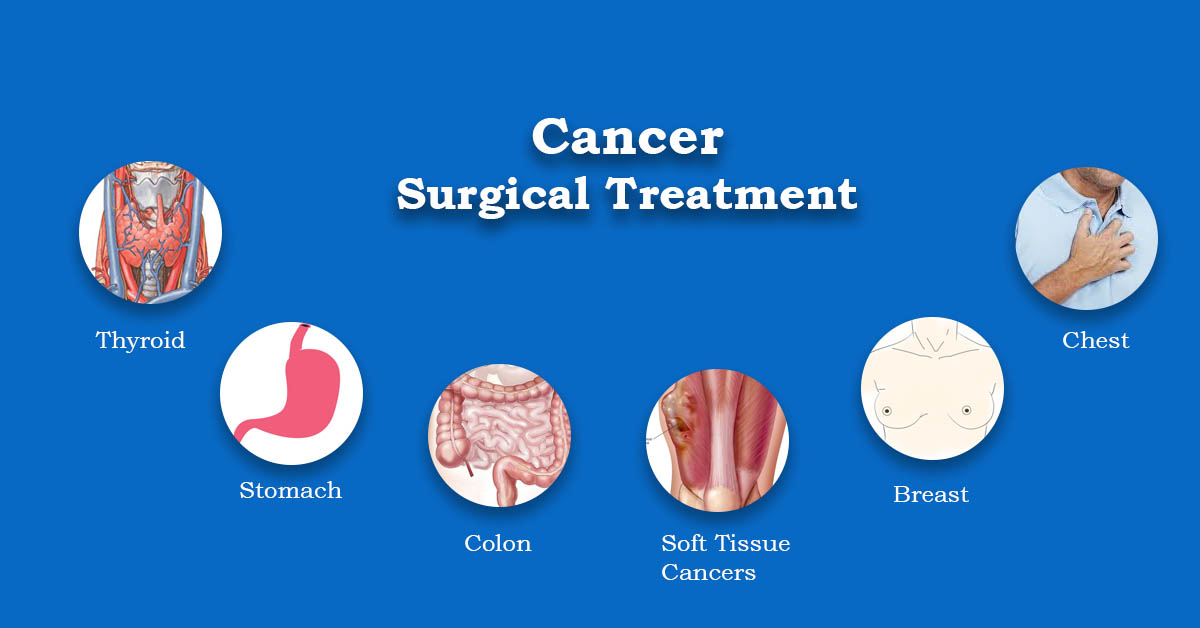Hospitals Available with this Cancer Surgery Treatment







Department: Oncology
Estimated Cost : $2,000 - $10,000
Cancer surgery is one of the most common treatments for many types of cancer. The primary goal of cancer surgery is to remove the tumor or affected tissue, preventing the cancer from spreading further. It can be curative, meaning it can eliminate the cancer entirely, or palliative, meaning it helps to reduce symptoms and improve the quality of life.
At Healtour Solutions, we connect cancer patients with top cancer surgery specialists and leading hospitals in India. Our services offer access to the most advanced cancer treatments, including minimally invasive surgery, robotic-assisted surgery, and organ-preserving procedures.
1. Curative Surgery:
Curative surgery is performed with the goal of removing all the cancerous tissue, offering the potential for a complete cure. This type of surgery is most often performed in the early stages of cancer.
2. Palliative Surgery:
Palliative surgery is used to relieve symptoms of cancer, such as a blocked airway, bowel obstruction, or bleeding. While it may not cure cancer, it can significantly improve the patient's quality of life.
3. Preventive Surgery:
Preventive surgery is performed to remove tissues that are at high risk of becoming cancerous. This can help reduce the risk of developing certain cancers.
4. Diagnostic Surgery:
Diagnostic surgery is used to obtain tissue samples for biopsy to determine whether cancer is present.
5. Staging Surgery:
Staging surgery helps determine the extent of cancer in the body, often involving the removal of lymph nodes to check for cancer spread.
6. Reconstructive Surgery:
After the tumor is removed, reconstructive surgery may be required to restore function or appearance, especially in cancers of the breast, head, or neck.
Before undergoing cancer surgery, patients are typically required to undergo a series of diagnostic tests to assess the size, location, and extent of the tumor. These tests may include:
1. Traditional Surgery:
Traditional open surgery involves making a large incision to access the tumor or affected tissue. It is effective but may require longer recovery times.
2. Minimally Invasive Surgery (MIS):
Minimally invasive surgery involves small incisions through which surgical instruments and a camera are inserted. This approach often results in less pain, quicker recovery, and fewer complications.
3. Robotic-Assisted Surgery:
Robotic surgery uses advanced robotic systems to perform surgery with greater precision and control. This method is often used in complex surgeries such as prostate or colorectal cancer surgery.
4. Laparoscopic Surgery:
This type of minimally invasive surgery involves using a laparoscope (a thin tube with a camera) to perform surgery with minimal disruption to surrounding tissue.
Healtour Solutions connects patients with the top oncologists and hospitals in India specializing in advanced cancer surgeries. We provide a complete spectrum of cancer care, from early diagnosis to post-surgery rehabilitation. Here are some of the services you can expect:
Step 1: Diagnosis and Evaluation
Step 2: Treatment Plan Creation
Step 3: Surgery and Procedure
Step 4: Post-Surgery Care
Step 5: Ongoing Monitoring and Follow-up
If you or a loved one is facing cancer, Healtour Solutions is here to guide you through the treatment process. Contact us to connect with top oncologists and hospitals in India offering the latest and most advanced cancer surgery options.
1. What types of cancer require surgery?
Most cancers, including breast, lung, colorectal, and prostate cancer, may require surgery depending on the stage and location of the tumor.
2. Is cancer surgery safe?
Yes, cancer surgery is safe when performed by skilled surgeons in reputable hospitals. Risk factors are carefully evaluated before surgery.
3. How long does recovery take after cancer surgery?
Recovery time varies based on the type of surgery, but it generally takes anywhere from a few weeks to several months.
4. Can cancer surgery cure cancer?
In many cases, surgery can remove all cancerous tissue, potentially curing the cancer. However, this depends on the stage and type of cancer.
5. What are the risks of cancer surgery?
Risks may include infection, bleeding, and damage to nearby tissues, though these risks are minimized in experienced hands.
6. Are there minimally invasive options for cancer surgery?
Yes, many cancers can be treated with minimally invasive techniques, which offer shorter recovery times and less pain.
7. Will I need other treatments after cancer surgery?
Many patients require additional treatments like chemotherapy, radiation, or immunotherapy to ensure the cancer does not return.
8. Is cancer surgery covered by insurance?
Many insurance plans cover cancer surgeries, but it’s important to check with your provider about the specifics.
9. How can I prepare for cancer surgery?
Preparation typically involves a pre-surgery evaluation, stopping certain medications, and following specific dietary or fasting guidelines.
10. Can I get cancer surgery in India as a foreign patient?
Yes, Healtour Solutions helps international patients receive high-quality cancer care and surgery in India at affordable costs.
@2025 Healtour Solutions Pvt Ltd. All Rights Reserved.